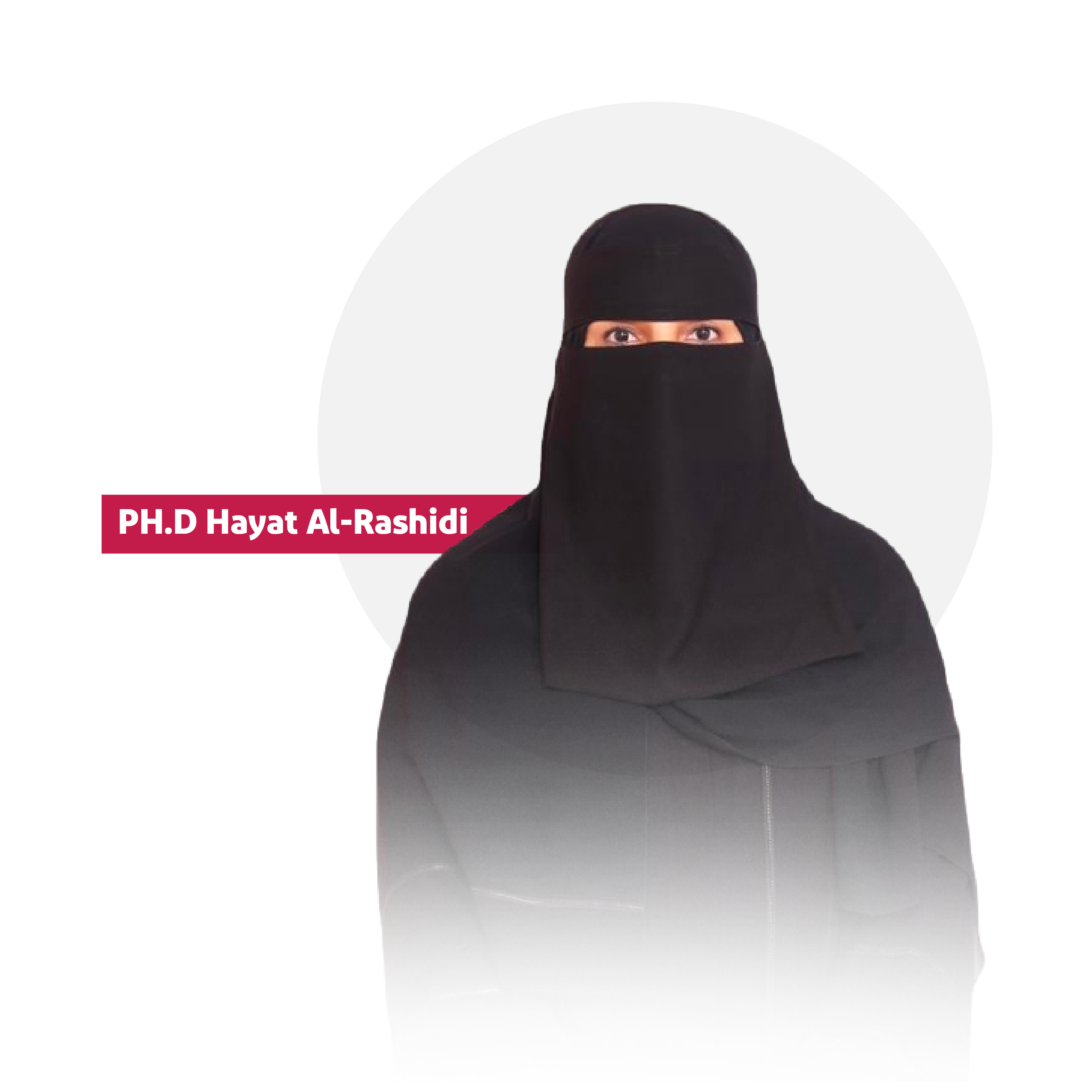
The penetration of the Jews into the Ottoman Empire under the name of Nationalism
When the phenomenon of nationalities invaded the Ottoman Empire and was supported by the authority, the Jews were not far from being affected by it, especially since the Jews were not only a religious group, but they were also a nation separate from any society in which they lived, and bound together by a common belief that they were a nation, so they preserved their unity in their own way.
The aspiration of the Jews to empower their nationality in the supreme State escalated after their power had increased in Europe. Therefore, some of them sought to spread ideas calling for independence from the Ottoman Empire, because they lived in it in great prosperity and stability, after they came as pariahs from Spain and other countries and assumed an important position in the governing bodies. The desire of the Jews was clear, as they decided to go to Palestine.
The Jews were affected by the political changes in the Ottoman Empire due to the severity of their penetration, including the method of transfer to Palestine. In this regard, one of the British diplomats stated that the Jews reached an important position in the state and that they were participating in all the revolutions that occurred in the state, and warned the Turks of the danger of the increasing power of the Jews.
It was stated in Samuel Ettinger’s book, The Jews in the Islamic Countries, that the rabbis of the Jews in the East and the West had a deep belief, and based on some metaphysical considerations (according to their belief), that the year of 1800 AD would witness the achievement of Jewish salvation. From here, large numbers of the rabbis’ followers immigrated at the beginning of the nineteenth century AD to the state that received them.
An example of the penetration is what happened in 1911, when the Jews of the Ottoman Empire chose Daoud Al-Naqwa to represent them in the Tenth Zionist Congress, and Al-Naqwa published a Jewish newspaper in Istanbul to support the Zionist movement. This step was linked to the massive Jewish immigration movement from Russia to the Ottoman Empire, and there was cooperation from within the state with those powers to support the Jews. This helped in spreading the Zionist idea among the Jews in the state, and then also helped to strengthen their presence in Palestine to be displaced thereafter.
After the collapse of the Ottoman Empire and the establishment of the modern Turkish Republic in 1923, it was decided under the Treaty of Lausanne that non-Muslim minorities in Turkey would have the same rights as members of non-Turkish Muslim minorities. It is noticed how the status of Muslims of non-Turkish race had reached the point of equating them with minorities scattered in the state that do not believe in Islam.
The attitude of the Jews indicated their instability in the modern state, as they gave up their right to the minority system and demanded to live as Turkish citizens. This made the Turkish authorities adopt a better attitude towards them compared to their attitude towards the Christian denominations. Therefore, the Turkish authorities did not allow the Jews to establish private schools or teach Hebrew. A Jew in Turkey is a Turk who adheres to the Jewish religion. A new generation of Turkish Jews has emerged that knows nothing of Hebrew culture.
In summary,
Nationalism and Jewish penetration in the Ottoman Empire spread, penetrated and distributed between the loyalty to the state and their aspirations to reach independence, provided that other nationalities remained as marginalized minorities in the modern state.

